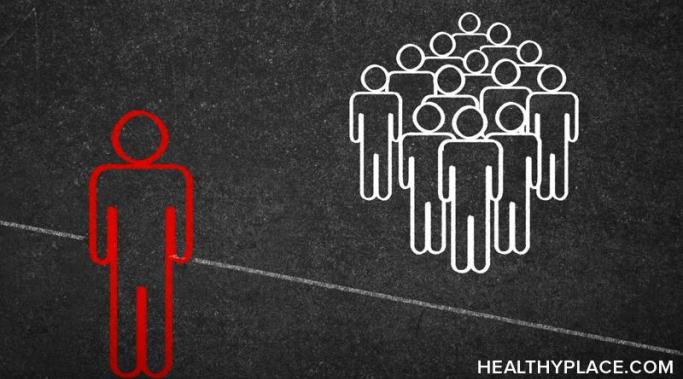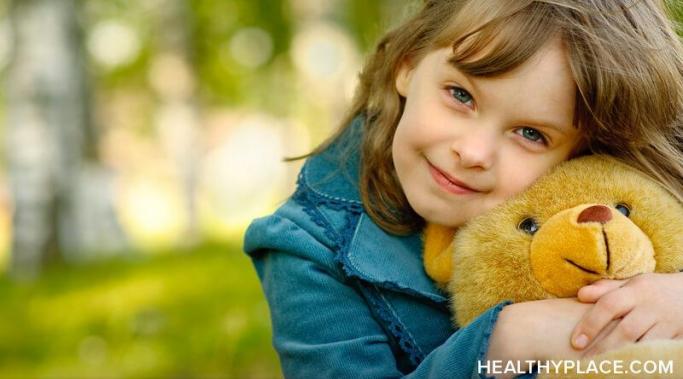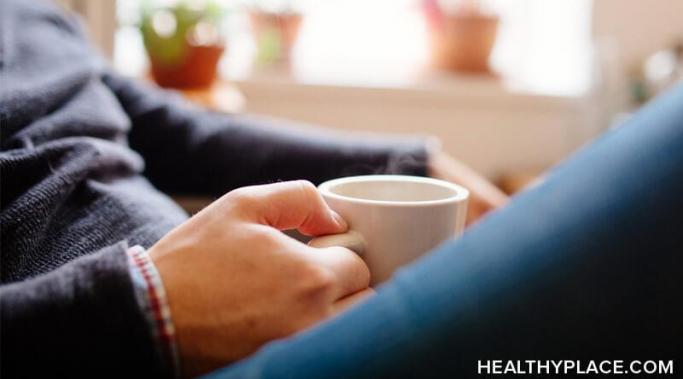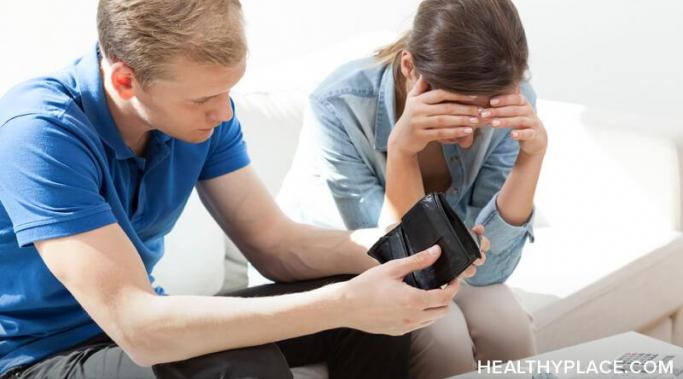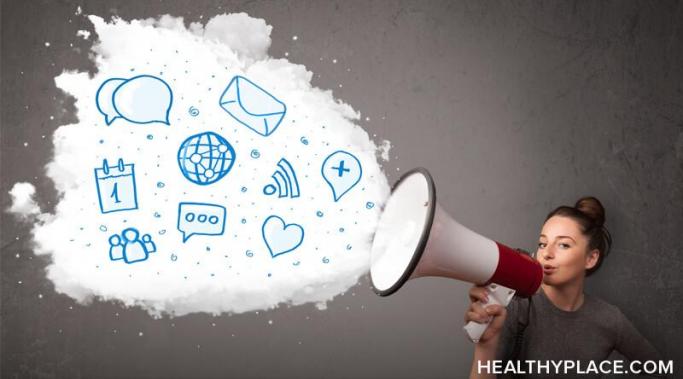Blogs
When I had few responsibilities, I could afford to mope at home, overindulge on substances, and be generally destructive. However, now that I have greater purpose and obligations, my borderline personality disorder (BPD) symptoms are much less severe. Therefore, I believe that responsibility has an important role in BPD recovery.
Self-injury often travels with certain psychiatric conditions. One such example is bipolar self-harm. This is not necessarily a symptom of bipolar disorder, but I think many bipolar patients ended up hurting themselves at some point in their lives. Why do we do it? As always, self-harm is a complex phenomenon, so I may not have all the answers, but I can share my own experience in this post.
No matter how many conversations are had or how many awareness efforts take place when it comes to suicide prevention, it seems society doesn't know how to make a positive difference. I get it. Death is a hard thing for people in general, and suicide grates harder against that. I'm here to share some dos and don'ts for suicide prevention that can help. (Note: This post has a content warning.)
Friends come and go in life. Some friendships end after fights or abuse. Other friendships simply fade due to busy lives. The good news is that you might get a chance to rekindle a friendship. Social media makes it easy to reconnect. You could also encounter a former friend by being at the same place at the same time. The question becomes whether rebuilding a friendship with someone is healthy. If you struggle with anxiety, the decision to rekindle a friendship can seem overwhelming. Read this post to learn about questions you should ask yourself before you decide to rekindle a friendship.
We live in a society where casual sex is a normal part of dating culture. There is, of course, nothing wrong with a casual hookup between consenting adults, but for demisexual folks (people who only experience sexual attraction after forming an emotional connection), dating and intimate relationships can be a bit harder to navigate -- in no small part because there are still a lot of misconceptions about what demisexuality is and is not. These misconceptions not only put a strain on our relationships but on our mental health as well.
Parenting is always a divisive topic. Every generation thinks it has found the trick to child-rearing, and every new parent vows to avoid the mistakes their own parents made in raising them. Attitudes towards discipline, attachment, nutrition, education, and play are constantly evolving, but one thing that never seems to change is the idea that crying is a bad thing and that the goal when a child cries is to get them to stop at any cost. This attitudinal hangover from the days when children were to be seen but not heard is incredibly worrying and something we should resist as parents in order to safeguard our children's mental wellbeing.
Here's what a day in my work-life looks like with depression: The alarm rings at 8:00 A.M. On most days, I am able to wake up with it. In case I don't, I rely on the backup alarm at 8:30 A.M. Either way, waking up is one of the hardest parts of the day. I have to hit the shower immediately after I wake to stay up. Bathing is a challenge, but since it makes me feel better mentally and physically, I push myself to do it every day.
For the past three months, I haven’t had insurance for my prescriptions or necessities such as blood work. During April and May, with no insurance even for doctors’ visits, including therapy, I experienced one of the most stressful periods I’ve ever lived through. Here’s what it was like.
Is social media making your postpartum depression worse? Consider this scene.
Your self-harm scars belong to you; it is your choice when, if ever, to show them or hide them from the world. For those days when you would rather keep things under wraps, it's helpful to know what sort of self-harm scar cover-up options are at your disposal.




